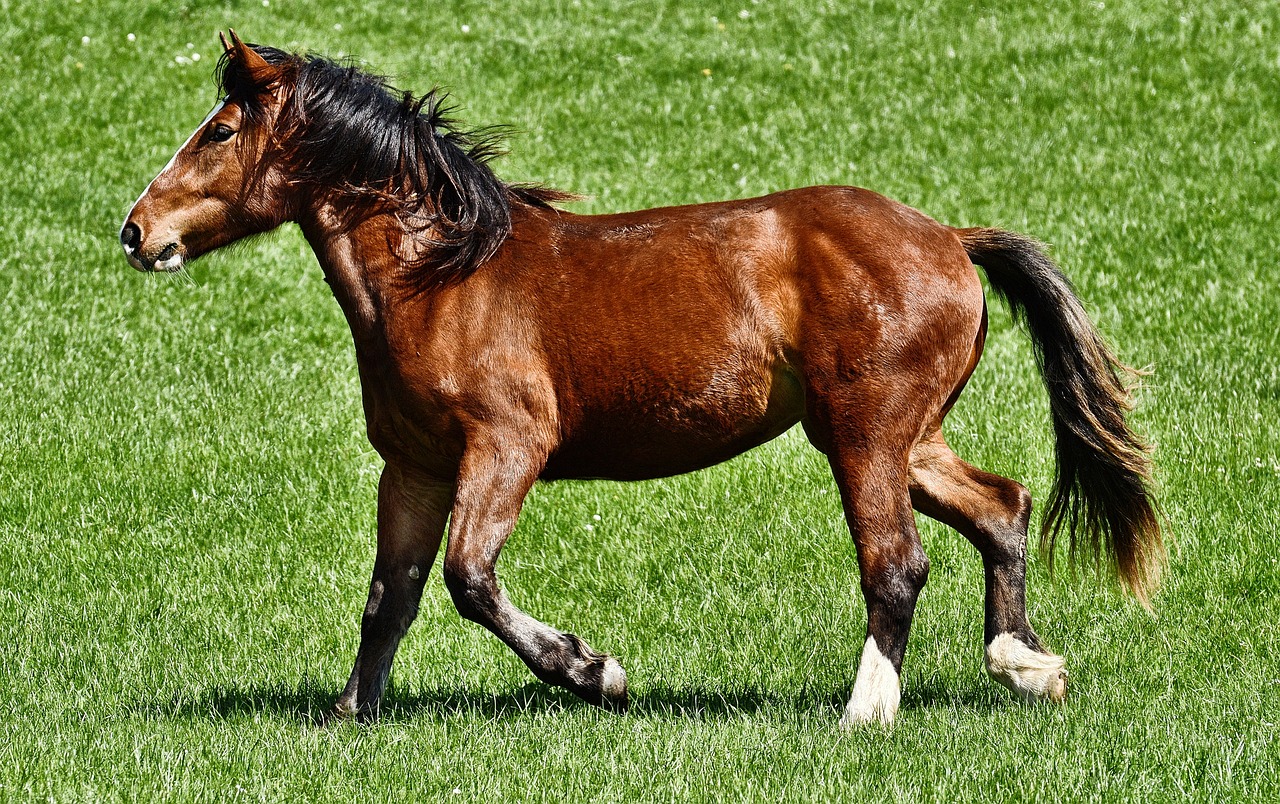
12 Dec My wife wants a horse. I think it costs too much. Thoughts?
Photo: pixabay.comQ. We live on a large property which is allowed to be used as a farm. My wife wants to buy a horse for our daughter. I just think the whole idea is too expensive. How can we negotiate this? We don’t even have any chickens.
— Doubtful Dad
A. There’s a lot to unpack.
And we had the perfect expert to take it to: Claudia Mott, a certified financial planner with Epona Financial Solutions in Basking Ridge, who happens to be an avid horsewoman.
Mott said her first pony was a Christmas gift when she was 12, and she owned two others, each progressively larger, until she went away for college.
“I rode all through college competing for UMass on their equestrian team,” she said. “After many years away from it I started riding again in 2002 and worked part time in a stable while pursuing my CFP. Currently, I have one very very large retired draft cross and lease a smart, spirited off the track Thoroughbred (OTTB).”
Mott said yes indeed, horses are expensive.
She said before delving into the myriad of expenses that come with horse ownership, there are other things to consider.
“First and foremost, having a horse on your property is a 24/7, 365 day/year obligation for the lifetime of the animal,” she said. “It’s also important to understand that horses are herd animals and as a result do not like living alone.”
If the decision to purchase a horse becomes a reality, you need to provide it with a companion. This could be another horse, a pony, donkey or goat, Mott said.
You also need to assess whether the property is ready for animals. Is there proper fencing for turnout, easily accessible water, electric for winter water heaters, storage for feed and bedding, shelter in the form of an appropriately sized stall or run-in shed, a place to ride the horse and last by no means least, a place to properly dispose of manure?
Mott said the list of expenses related to horses goes well beyond the basics of hay and grain.
“An average horse will consume about a bale of hay per day at $7-8/bale, a 50 lb. bag of grain varies from $25-$35 and will last less than a month, bedding ranges from $7-$8/bag and a bag lasts less than a week,” she said.
There are also many supplements and medications that may be required to keep the horse healthy, she said. The horse will require visits from the vet at least twice a year for shots, dental work once a year, and farrier visits for hoof trims or shoes every five to six 6 weeks, she said. Other expenses will include a saddle, bridle, halter, blankets, boots, bandages, brushes and no end of replacements for things that inevitably get broken.
“While the idea of looking out the window at a horse grazing in a field is enticing, it’s essential to understand the huge responsibility that comes with owning that animal,” she said.
As an alternative, perhaps your daughter could start taking lessons at a local stable to gauge her interest, Mott suggested.
“The camaraderie that comes from being part of a barn is priceless and can lead to a lifetime love of these amazing animals,” she said.
If she really gets bitten by the bug, you might try leasing a horse for a period of time, Mott said.
“A lease provides an opportunity to have full or partial use of a horse. Lease agreements vary, but usually include some financial responsibility for the horse’s care,” she said. “These two options are great steps in the progression towards possible horse ownership in the future.”
Email your questions to Ask@NJMoneyHelp.com.
This story was originally published in December 2024.
NJMoneyHelp.com presents certain general financial planning principles and advice, but should never be viewed as a substitute for obtaining advice from a personal professional advisor who understands your unique individual circumstances.

